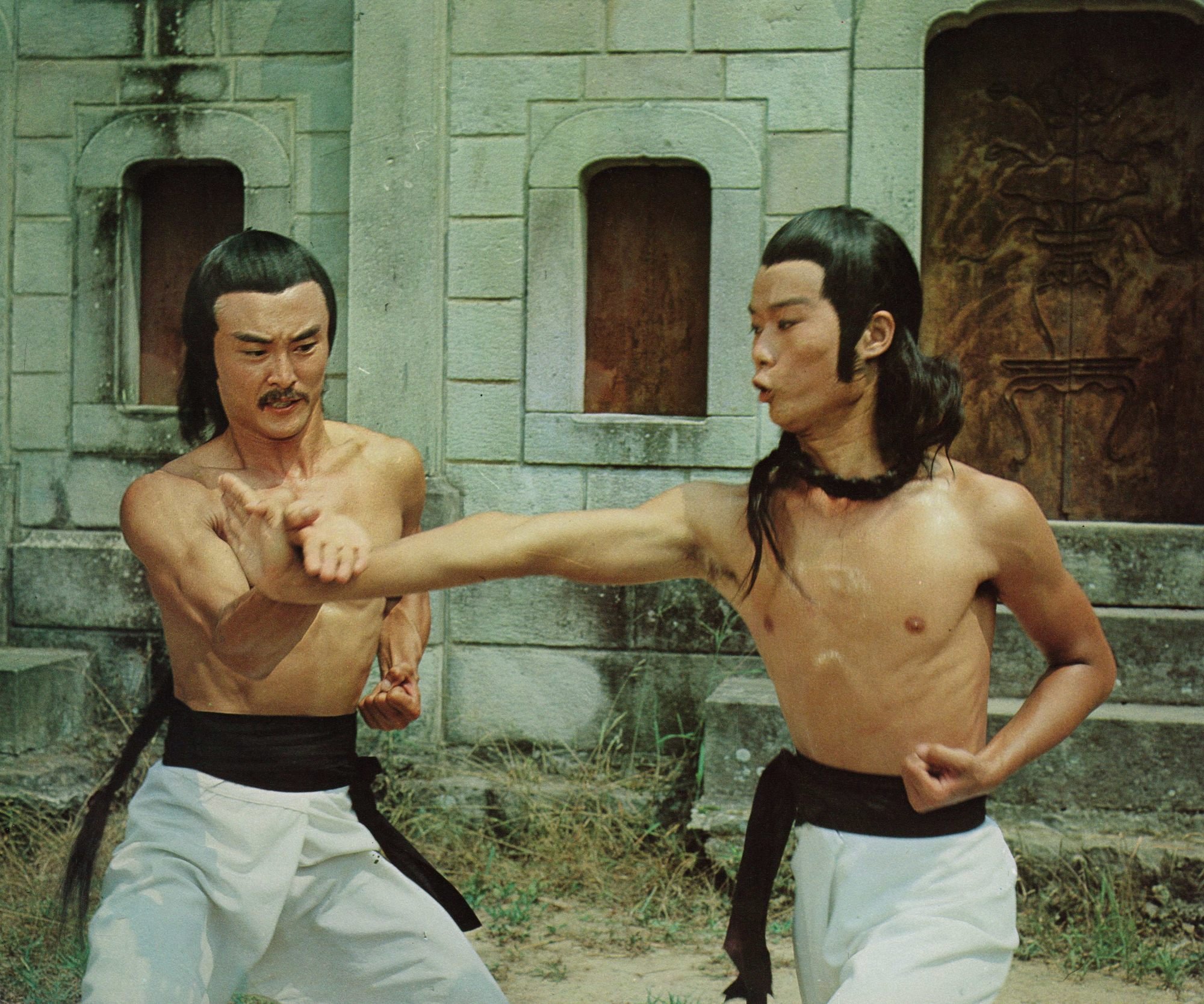
Back in the limelight: Joseph Kuo, director of 1970s martial arts movie gems such as 18 Bronzemen and The 7 Grandmasters
- Kuo made low-budget martial arts films in Taiwan with choreographed fight scenes that reflected the polish of those in Hong Kong cinema, but was not well known
- That’s changed, with the latest edition of New York’s Old School Kung Fu Fest dedicated to his work and Eureka Entertainment releasing a set of his films
Joseph Kuo Nan-hong is a lesser-known director of martial arts films, but that’s changing fast. The latest edition of New York’s Old School Kung Fu Fest is fully dedicated to his work, and last month Eureka Entertainment in the UK released a four-disc Blu-ray set of films he made between 1974 and 1979.
Featuring a roster of stars that included Hong Kong favourite Carter Wong, Kuo’s films benefited from a surfeit of neatly choreographed fight scenes which picked up on the combat trends of Hong Kong cinema.
Although he filmed on the cheap in Taiwan, Kuo made the most of what money he had, and the best of his films look surprisingly slick. Many were successful at the box-office, and The 7 Grandmasters even played on and off for four years at grindhouse theatres in New York’s Times Square.
“Kuo’s low budgets were largely born from his stated goal of delivering maximum entertainment to audiences while also delivering maximum profit to financiers,” says Paul Kazee, a co-founder of the Old School Kung Fu Fest.
“His primary directive was, ‘Let’s have lots of fighting, and don’t be afraid to let the fight scenes run long’. By maximising the action inside long takes, and limiting the locations, Kuo gave his performers a lot of room to showcase their skills, while keeping his production costs at a minimum.”
Kuo’s films are eccentric and packed with action, and that made them stand out, says Frank Djeng, who provided the commentary for four of the Eureka Blu-ray releases.
“There’s a maverick quality to his works that makes them special,” he says. “Even if the films scream ‘low-budget’, he could get the best out of them by shooting most of the fight scenes outdoors, sometimes at scenic sites where his wide, panoramic shots make them look grand.”
Kuo loved shooting martial arts scenes, Djeng adds. “Kuo really cared about the action, and he worked hard to move things along to the next fight. His willingness to use Hong Kong martial arts choreographers, with their slicker, more sophisticated choreography really made his films stand out among his peers.”
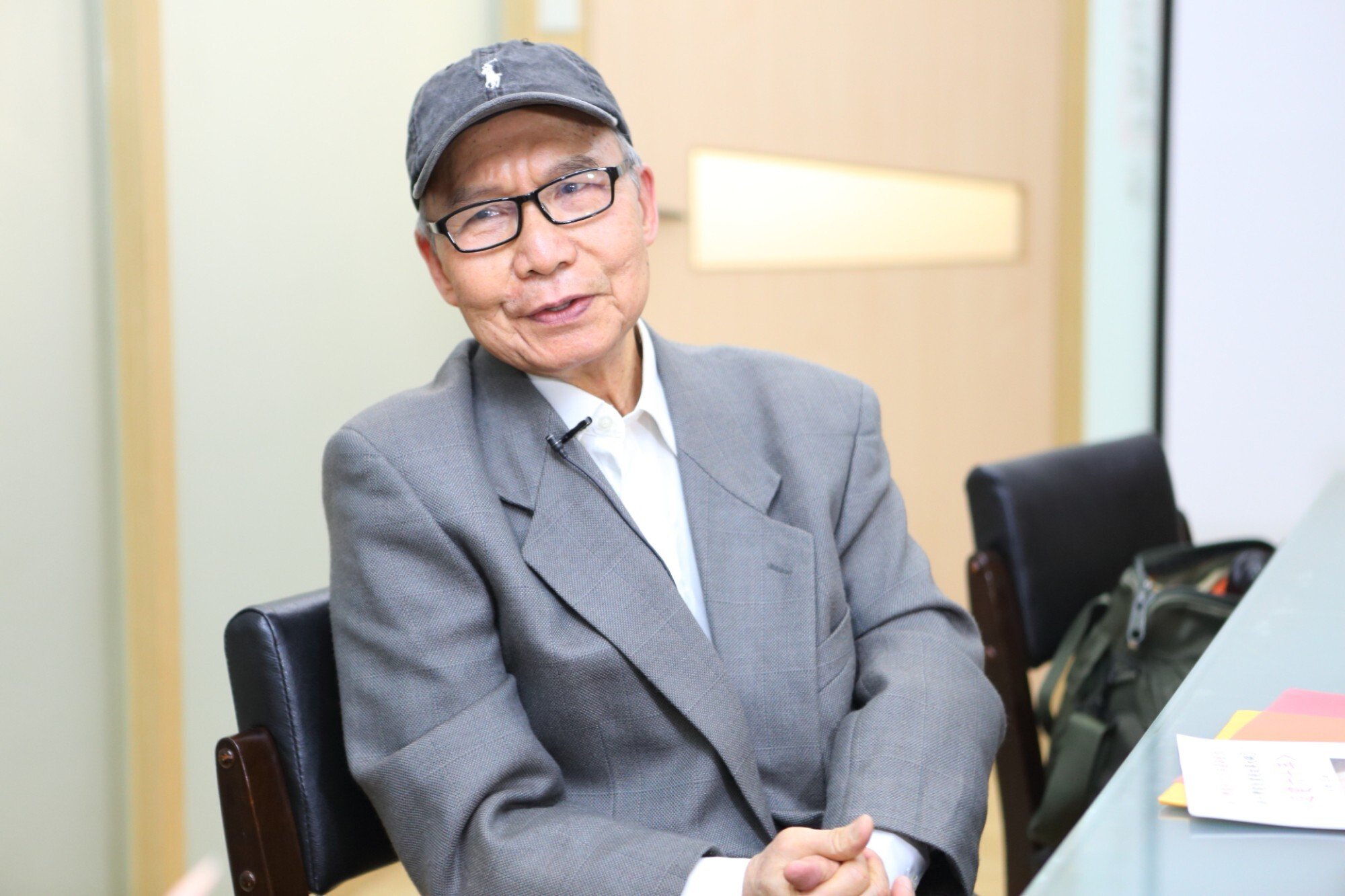
Djeng thinks that Kuo was smart to use Hong Kong choreographers, especially Yuen Woo-ping, Yuen Cheung-yan, and Corey Yuen Kwai, who choreographed The 7 Grandmasters.
“He realised that the Taiwanese martial arts choreographers weren’t at the same level as Hong Kong choreographers, and thought that he could elevate the quality of martial arts choreography in Taiwan by hiring the Yuen clan and bringing them to Taiwan for his films.”
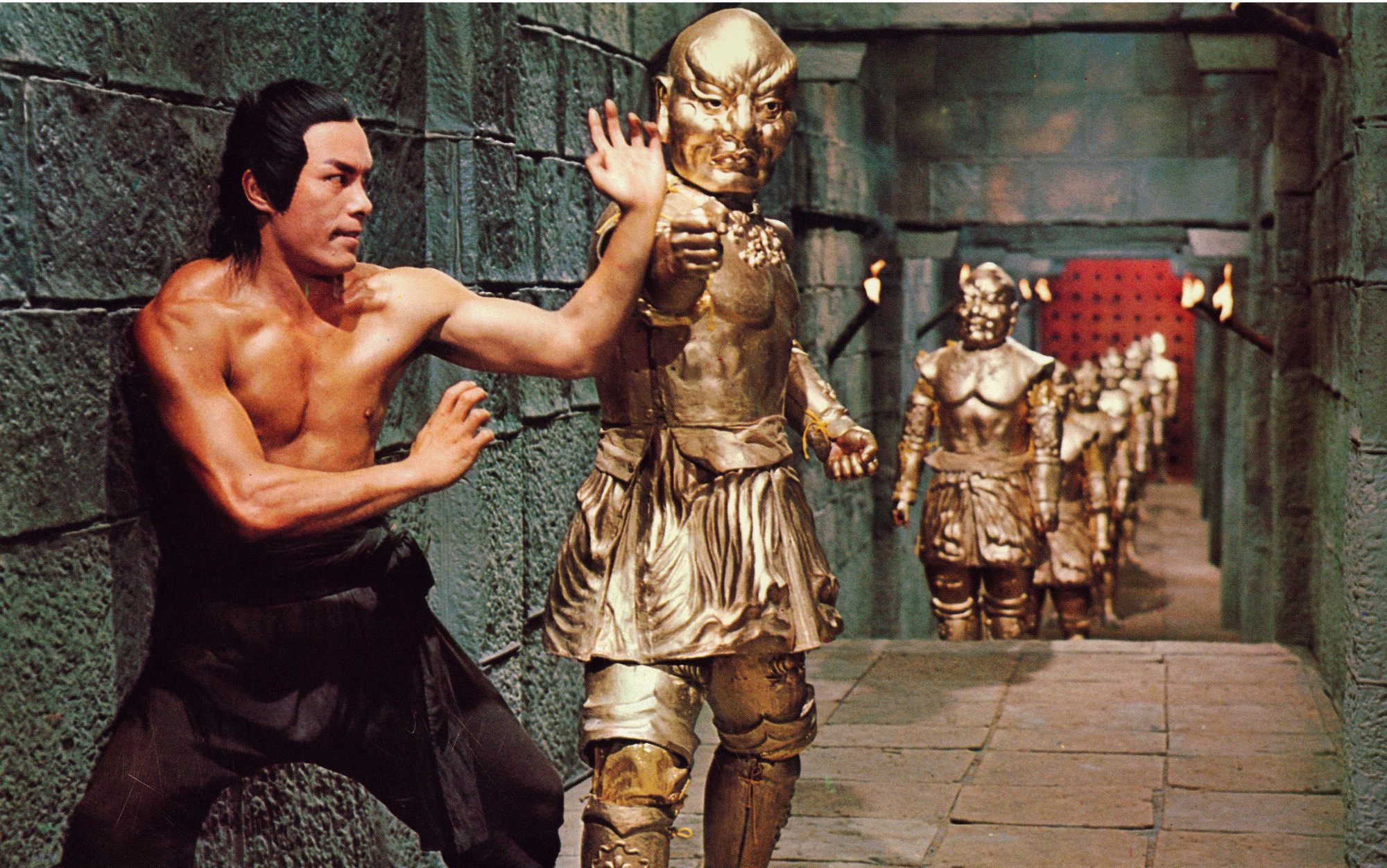
“Carter Wong’s career really began to soar after his varied starring roles in the four Bronzemen features,” says Kazee. “In 18 Bronzemen, he plays a Shaolin Temple student who must endure near-certain-death tests to graduate.
“In Return of the 18 Bronzemen, Wong plays the historical Yongzheng Emperor, who is said to have trained at the Shaolin Temple under an assumed identity, only to use the knowledge he gained against the temple. This film is unique in that Wong portrays a character that viewers were reluctant to identify with.”
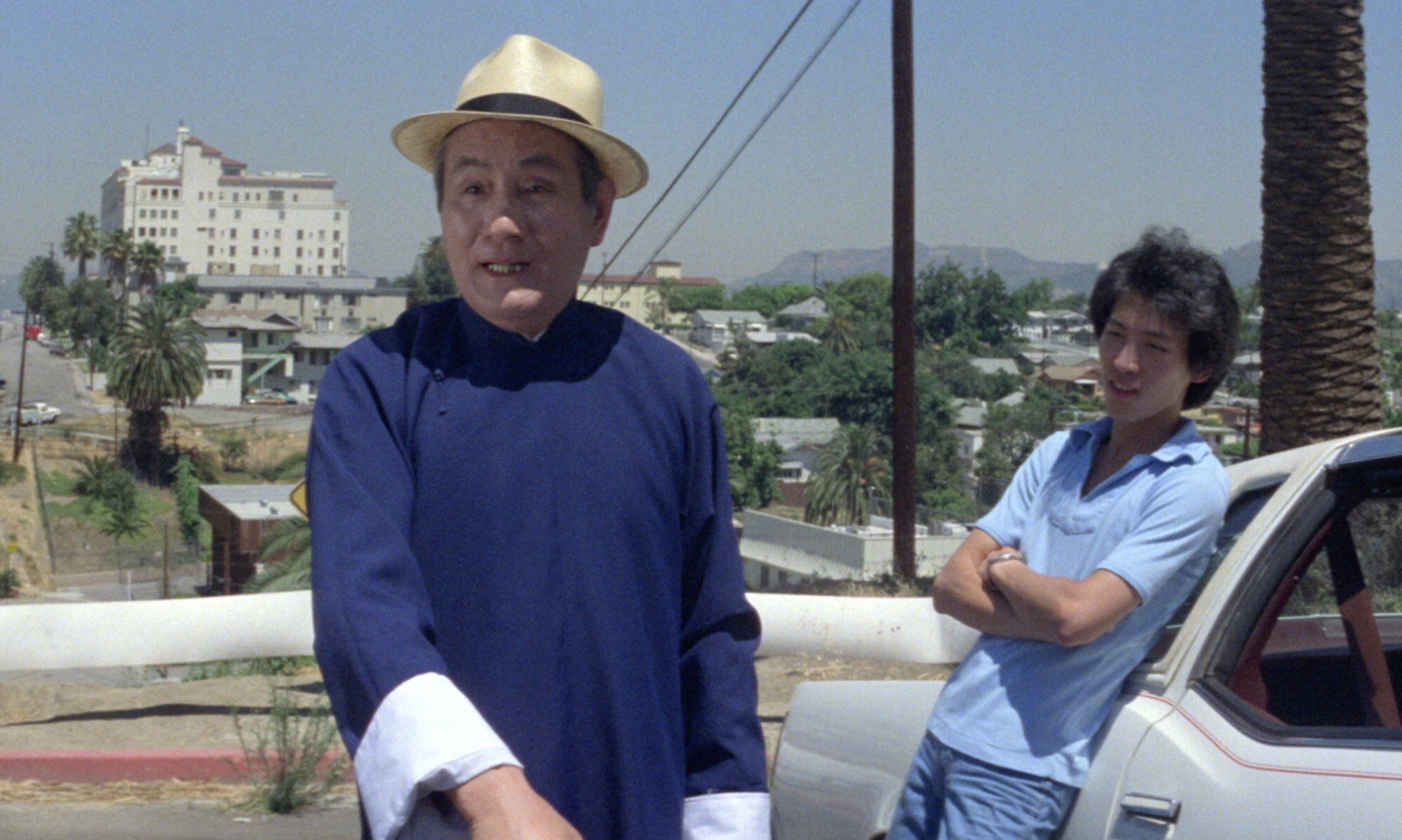
“Despite Yu’s reputation as a cruel taskmaster, he comes off as charming here. Due to his advanced age, any scenes requiring more than the smallest amount of movement had to be shot from behind so that a younger martial artist – reportedly Yuen Biao – could double for him.”
Kazee says the film features Yu dancing to I’m Popeye the Sailor Man in a disco before a fight breaks out – “Then we discover that all disco dancers are experts at acrobatics and kung fu!”
“He knew that the kind of martial arts films he was making – hardcore kung fu action films and, later on, kung fu comedies – required a different kind of performer to those seen in wuxia films.
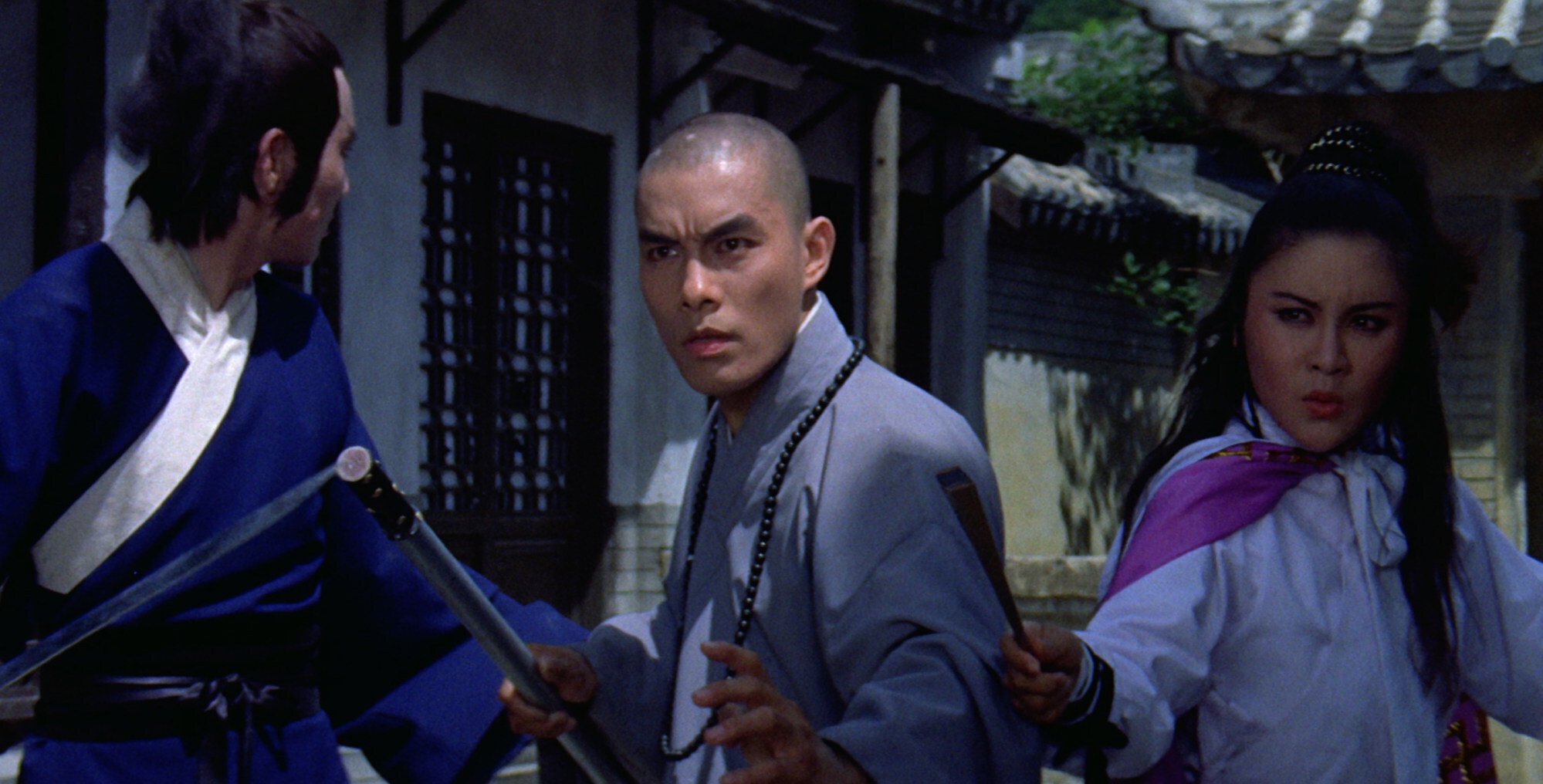
“He needed actors who could sell their kung fu skills with no visual tricks or doubling. They needed the skills to perform multiple moves in one long single-camera shot, so that audiences could see it was really the performers doing the fighting. They couldn’t just strike a pose and then have the stunt doubles take over for the action,” Djeng says.
Although Kuo is best known for his kung fu films, he had a long filmmaking career before working in the genre, making propaganda films, Taiwanese-dialect musicals and Mandarin-language films.
“The wuxia film Swordsman of All Swordsmen (1968) marked the start of Kuo’s gradual switch from a director of romantic Taiwanese musicals to one of the most important martial arts film directors in Taiwanese history,” says Djeng.
